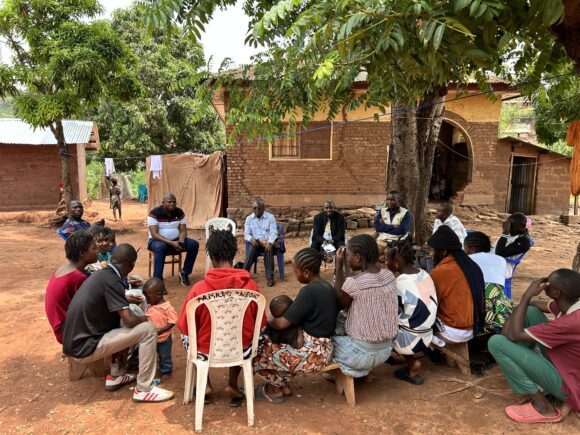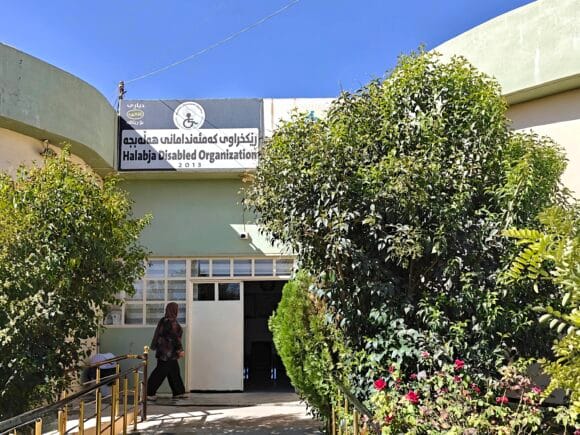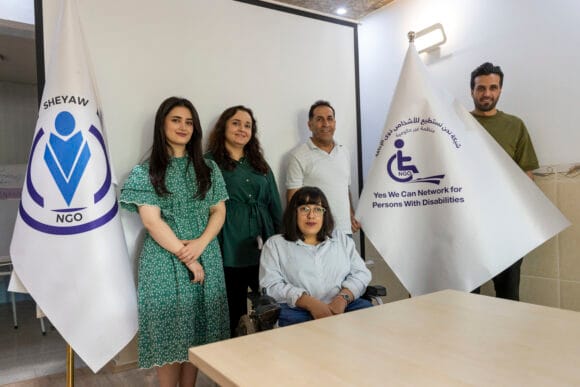In East Africa, thousands of mothers are lifting their families out of poverty by gaining education and achieving a stable income. As mothers’ earnings increase, children are able to stay in school longer. At a time when development cooperation is facing budget cuts, supporting mothers is a sustainable solution that leads to lasting development outcomes.
Fida carries out development cooperation in six East African countries in partnership with local churches. In many regions, families are living amid multiple overlapping crises. Prolonged drought due to climate change, hunger driven by rising food prices, and low levels of education are threatening to take away children’s and families’ hope for the future.
Globally, funding for development cooperation has been significantly cut this year — and Finland is no exception. Although Finland’s cuts do not directly target Finnish civil society organizations working in development, the impact is still felt. As multilateral development agencies receive less funding, the consequences are most visible in the lives of those in the most vulnerable situations.
Three Reasons Why Mothers Play a Pivotal Role
Women are key drivers of sustainable change. They are central to improving child well-being, advancing education, and promoting sustainable development more broadly. Collectively, mothers have a powerful impact on the development of entire communities — and even nations. Here are three reasons why mothers play such a pivotal role:
1. Mothers’ education and income boost family well-being
Research shows that when mothers are educated, employed, or run income-generating businesses, the well-being of the whole family improves. According to the World Bank, mothers’ education strongly correlates with better child health and nutrition. This is because literate and numerate mothers are better equipped to care for their children’s health.
2. Employment empowers mothers to invest in their children’s future
When mothers work and gain control over household income, they are more likely to invest in their children — for example, by paying school fees. Studies show that women spend up to 90% of their earnings on their families, making their employment one of the most effective ways to secure children’s futures.
3. Economic empowerment keeps children in school
Research also indicates that women’s economic empowerment is linked to higher school attendance among children. As mothers’ income increases, so does the likelihood of children completing school. It also leads to fewer teenage pregnancies and early marriages — both of which are essential to building human capital and breaking the cycle of poverty.
When you support a mother, you support the whole community.
– Paula Konttinen, Regional Manager for Eastern Africa
Through Fida’s country programmes in East Africa, countless women have received training, built up savings, strengthened their livelihoods, and started their own businesses. In 2024, across Burundi, Ethiopia, Kenya, the Democratic Republic of the Congo, Uganda, and Tanzania:
- A total of 6,430 women gained new skills to improve their livelihoods.
- 3,292 families secured a stable income.
- Over 7,177 families increased their savings through savings and loan groups.
- More than 2,386 small-scale women farmers received training in entrepreneurship and market access.
Education Makes a Big Difference
Paula Konttinen, Fida’s Regional Manager for Eastern Africa, has personally experienced how parental support made her education possible. Attending a better school gave her hope for the future by opening doors to further education and an international career.
– My mother and father worked hard on their coffee farm so that I could attend a better school. Without their sacrifices, I don’t believe I would be where I am today, Konttinen reflects.
Originally from Kenya, Konttinen is a multicultural mother herself. She sees education as the most effective way to build a better future in East Africa:
– Education protects children from surrounding dangers such as violence and teenage pregnancies, she summarizes.
– Studies show that women spend 90% of their income on their families. This makes it very justified to prioritize supporting mothers, Konttinen adds.
She sums up the importance of the mother’s role with these words:
– When you support a mother, you lift up an entire community.




